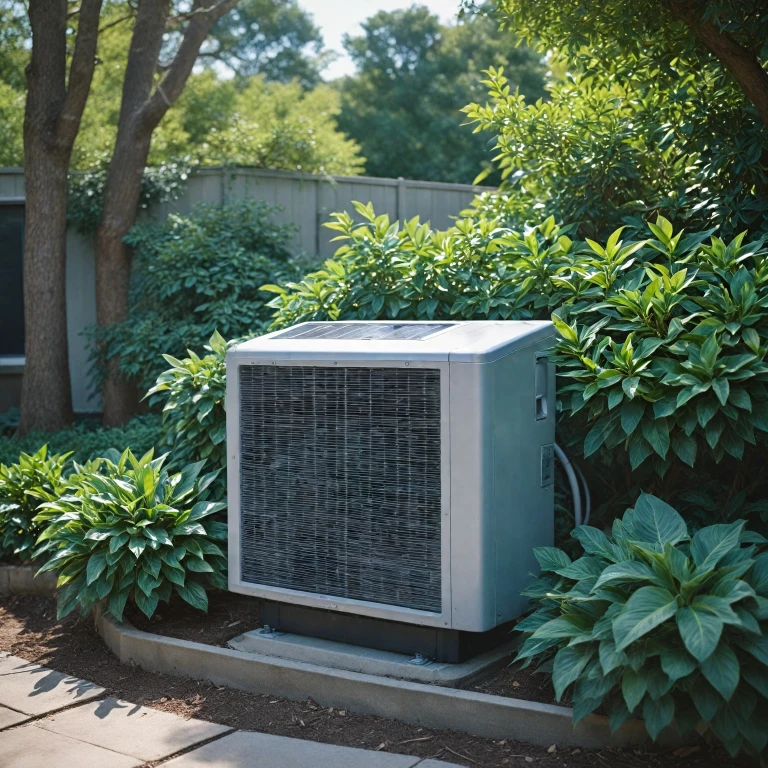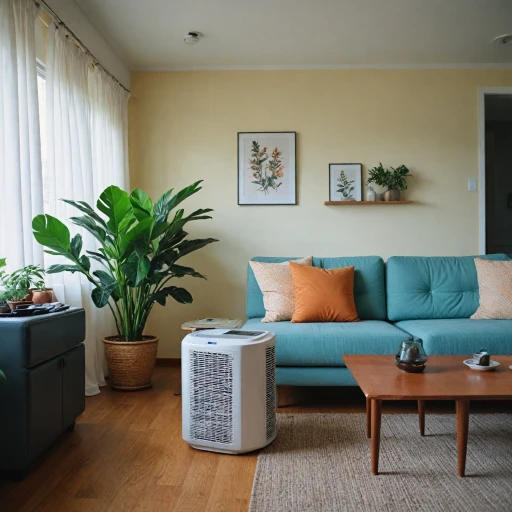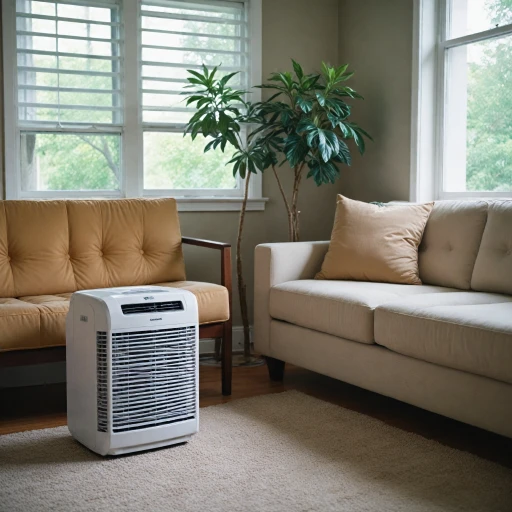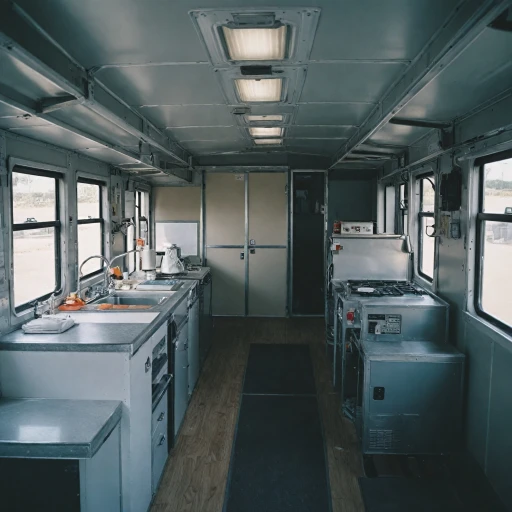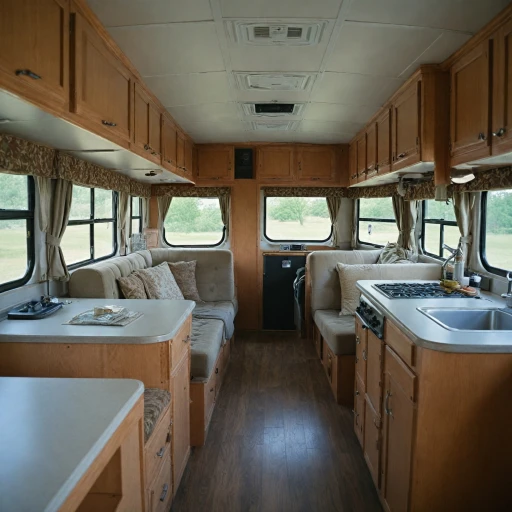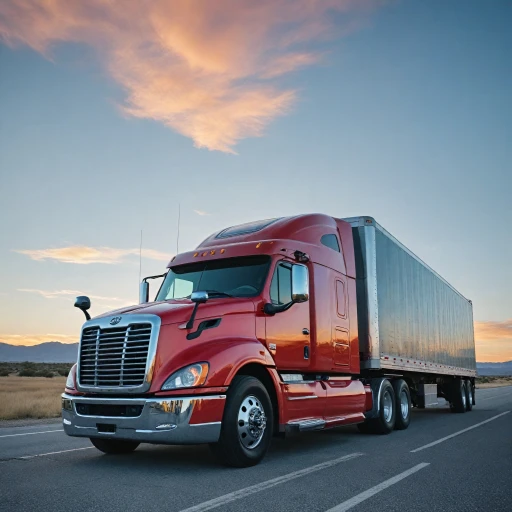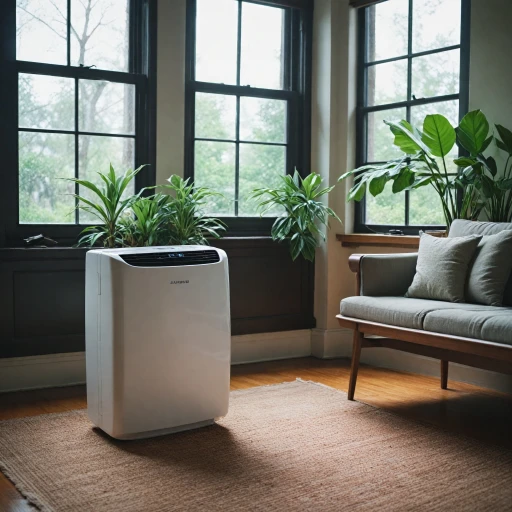
Understanding Solar-Powered AC Units
Introduction to Solar-Powered Air Conditioning
Solar-powered air conditioning represents a significant advancement in energy-efficient cooling solutions. As the demand for sustainable alternatives grows, many individuals are turning to solar air conditioning systems to reduce their carbon footprint and energy costs. These units harness solar power, utilizing the energy of the sun to provide cooling without relying solely on grid electricity.
Solar-powered AC units utilize solar panels to convert sunlight into electricity, effectively powering the air conditioner. This approach not only helps in mitigating the environmental impact caused by conventional air conditioning but also leads to cost savings on energy bills. Systems like solar mini splits and hybrid solar conditioning units have become increasingly popular choices as they combine the benefits of solar energy with traditional grid power. For those seeking portable air solutions for their vehicles, exploring the best portable air conditioning unit options might be an excellent choice.
Additionally, these units can be paired with a lifepo battery or other solar batteries to store energy, ensuring a consistent power supply even when sunlight is not abundant. Embracing this alternative means not only keeping cool but also taking a step towards a more sustainable future.
Benefits of Solar-Powered Cooling
Investing in solar-powered cooling systems offers a range of benefits, especially for those keen on adopting eco-friendly solutions. By harnessing the sun's energy, solar air conditioners provide an alternative to traditional electricity-reliant systems, offering significant advantages:
Environmentally Friendly Cooling
Solar-powered air conditioners utilize renewable solar energy, reducing the dependence on non-renewable resources and diminishing the carbon footprint. This green approach to air conditioning aligns well with environmental sustainability goals and helps combat climate change.
Cost Savings Over Time
Though the initial investment may be higher, the long-term savings associated with reduced electricity bills can be substantial. By utilizing solar panels to power your cooling units, you decrease reliance on grid power, which translates into lower utility costs. Additionally, some regions offer incentives or rebates for solar system installations, alleviating upfront expenses.
Energy Independence
Solar air conditioning provides an opportunity for energy independence. With a hybrid solar-powered system, users can experience uninterrupted cooling, even in power outages. Backed by a battery storage system, solar units ensure continuous operation by harnessing stored solar power when the sun isn't shining.
Reduced Heat Load
In hot climates, solar thermal technologies can alleviate the cooling load. By pre-heating the air before it reaches the air conditioner, solar thermal panels help the entire system operate more efficiently, reducing the stress on the cooling unit and extending its lifespan.
Adaptable Systems
Solar-powered air conditioners, including mini splits and portable units, offer flexibility in installation and usage. These systems can be tailored to fit varied needs, from residential homes to RVs. For those considering portable solar-powered options, it's worth exploring more in the guide to finding the perfect compact AC unit for your camper.
Challenges and Considerations
Navigating Potential Pitfalls in Solar-Powered Cooling Systems
While the promise of solar power is alluring, it's essential to recognize the challenges that come with solar-powered air conditioning systems. These considerations span technical, financial, and environmental factors, all of which play crucial roles in ensuring the success of solar air conditioning units.
- Initial Costs and Investment: Solar air conditioners typically require a higher upfront investment compared to traditional units. The cost of solar panels, batteries, and advanced systems like hybrid solar units can be substantial. However, this investment could yield long-term savings on electricity bills, making it important to assess the payback period when evaluating these systems.
- Energy Storage Needs: Unlike conventional air conditioners that rely on continuous grid power, solar units need effective storage systems, such as LiFePO4 batteries, to ensure consistent operation during non-sunny periods or at night. This brings up additional considerations related to battery maintenance and lifespan.
- Space and Installation: Adequate roof or ground space is required for the solar panels that will capture sunlight and convert it into electricity. Installation of these panels and a compatible cooling system demands proper planning and sometimes professional assistance to ensure that all components work efficiently together.
- Efficiency and Performance: Climate and location significantly impact the performance of solar systems. In regions with limited sunlight or extended periods of cloud cover, supplementary power sources or grid electricity may be necessary. This hybrid solar approach helps maintain a stable air conditioning operation but may reduce independence from traditional grid power sources.
- Heat and Cooling Demands: Not all solar units are created equal. Different models, such as mini splits or heat pumps, offer variations in cooling capacity and efficiency. It is critical to gauge both summer and winter heating requirements for a comprehensive solution that's tailored to the specific needs.
For those considering solar-powered options, planning meticulously is crucial. Understanding the trade-offs and benefits can significantly enhance the decision-making process. To further aid in this decision, our guide on choosing the right AC unit provides additional insights into matching the right system with your requirements.
Choosing the Right Solar-Powered AC Unit
Assessing Your Residential Needs
Choosing the right solar-powered air conditioner involves a detailed evaluation of your specific cooling needs and the conditions of your home. Considerations such as the size of the space you want to cool, the number of windows, and the amount of sunlight that your property receives are crucial factors. Understanding these elements helps in determining the capacity and type of solar air conditioning unit that will be best suited for your circumstances.
Understanding Types and Capacities
There are different types of solar-powered AC units available in the market, each offering distinct advantages. Mini split systems, for example, are known for their efficiency and flexibility, making them a popular choice for many households. Solar-powered heat pumps are another option, providing both heating and cooling by utilizing solar energy effectively during different seasons.
- Mini Split Systems: Ideal for homes with limited space, these systems offer both cooling and heating. They require minimal installation effort and are known for energy efficiency.
- Solar Air Conditioners: These units directly utilize solar panels to produce electricity, making them a sustainable choice for off-grid areas.
- Hybrid Solar Systems: Combining battery storage with grid power capabilities, these systems ensure continuous operation even during low sunlight periods.
Evaluating the Solar Energy Setup
Your choice of solar-powered AC unit will also depend on your existing solar setup. If you already have solar panels installed, understanding their capacity will guide you in selecting a compatible air conditioning system. Consider whether an increase in solar panel capacity is needed to accommodate the additional power draw of the AC unit, or if a battery system like LifePO4 could enhance efficiency by storing excess solar energy for later use.
Budget and Long-Term Benefits
Finally, while initial costs of solar-powered air conditioners can be higher than traditional units, they offer significant long-term savings on electricity bills. Investing in a reliable battery system, such as the EcoFlow Wave, can also help in balancing costs and efficiency. When choosing a solar-powered air conditioning unit, it’s essential to weigh these factors alongside potential maintenance requirements to ensure a worthwhile investment in sustainable cooling solutions.
Installation and Maintenance Tips
Setting Up and Keeping Your Solar-Powered AC Running Smoothly
When it comes to installing a solar-powered air conditioning system, proper setup is crucial to ensure maximum efficiency and longevity of the unit. Here are some key points to consider during the installation and maintenance process:- Selecting the Right Spot: Position solar panels in a location where they receive maximum sunlight. Consider the sun's path and potential obstructions like trees or buildings that might cast a shadow on the panels during peak sunlight hours.
- Secure Mounting: Properly mount the solar panels either on the roof or a dedicated mount to withstand the elements, like wind or storms, ensuring they're securely fastened.
- Wiring and Connections: Ensure that all electrical connections are correct and securely joined. Mistakes in wiring can lead to inefficiencies or damage to the system.
- Battery Management: If your system uses solar batteries, such as a LiFePO4 battery, ensure they are properly installed and regularly checked. These batteries are key to storing solar energy for use during non-sunlight hours.
- Hybrid Systems: For those opting for a hybrid solar air conditioning system, ensure proper integration with grid power to avoid interruptions in the cooling process.
Regular Maintenance for Lasting Performance
Maintenance is vital for keeping your solar-powered AC system running efficiently. Regular upkeep ensures longevity, optimal performance, and reduced energy consumption:- Cleaning Panels: Regularly clean the solar panels to remove dirt, dust, and debris that can block sunlight and reduce efficiency.
- Checking Inverters: Inspect the inverter's functionality as it's integral in converting solar energy into usable electricity for your air conditioner.
- Monitoring Performance: Use monitoring systems to keep track of your solar system's performance, helping to diagnose issues like energy drops quickly.
- Thermal Management: Inspect the air conditioner’s heat pump regularly to ensure it's operating smoothly and efficiently managing both cooling and heat displacement.
Future of Solar-Powered Air Conditioning
Emerging Trends and Innovations in Solar-Powered AC
It's no surprise that the future of solar-powered air conditioning looks promising, driven by ongoing advancements in technology and a rising emphasis on sustainable living. The integration of hybrid solar systems and solar thermal technologies is pushing the boundaries of what's possible in this field. Solar power innovations are constantly evolving to offer greater efficiency and flexibility. For example:- *Hybrid Solar Solutions:* Emerging as a bridge between solar energy and conventional power sources, hybrid systems combine solar panels with grid electricity. This allows for seamless cooling even when solar conditions are not ideal, enhancing the reliability of solar-powered AC units.
- *Battery Storage Improvements:* The development of advanced lifepo batteries plays a crucial role in storing solar energy. These batteries ensure that your air conditioning unit can function smoothly even during periods when direct sunlight is unavailable.
- *Mini Split and Heat Pump Advancements:* Mini split and heat pump technologies are being integrated into solar-powered systems, creating versatile options that cater to various cooling and heating needs throughout the year.

